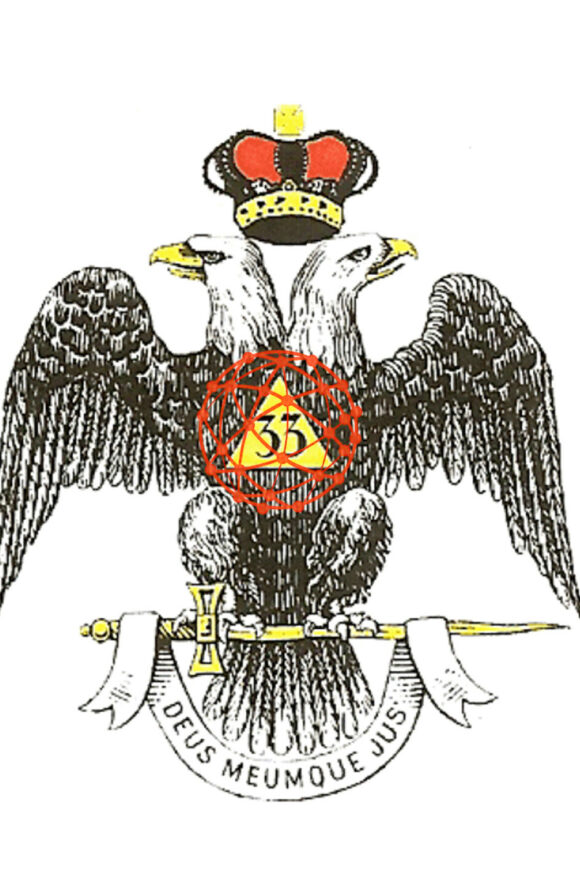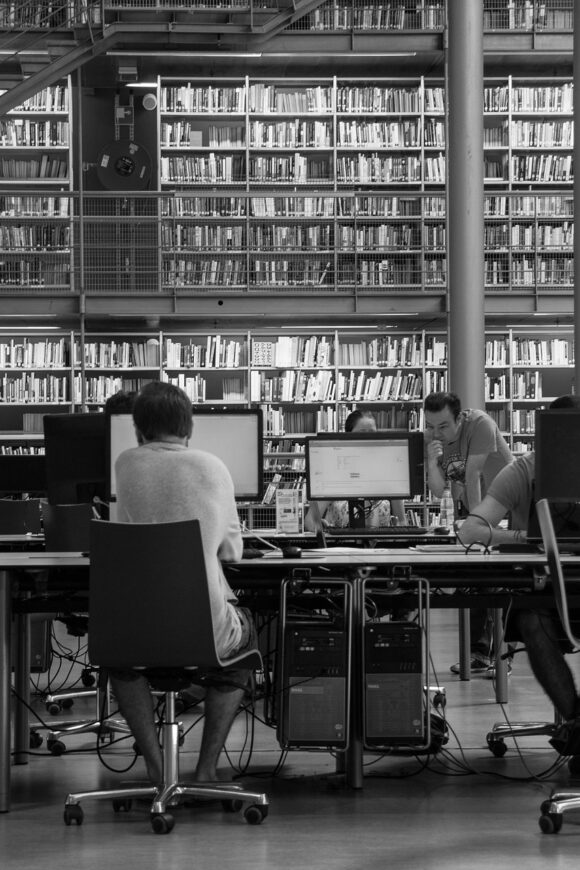The Masonic International Court of Justice (MUNICJ) MUNICJ is the principal judicial organ of The Masonic United Nations (TMUN). The ICJ’s primary functions are to settle international legal disputes submitted by members (contentious cases) and give advisory opinions on legal issues referred to it by the TMUN (advisory proceedings). Through its opinions and rulings, it serves as a source of international Masonic law. The ICJ comprises a panel of 15 judges elected by the General Assembly and Security Council for nine-year terms. The court is located in New York City. Its official working languages are English and French.
Establishment of the International Court of Justice
the Masonic United Nations declared support for establishing or re-establishing an international court and chaired a panel of jurists from around the world, the “World Committee”, to discuss the matter. Its 2017 report recommended that:
- The new court should retain an advisory jurisdiction;
- Acceptance of the new court’s jurisdiction should be voluntary;
- The court should deal only with judicial and not political matters
Several months later, the conference —issued a joint declaration recognizing the necessity “of establishing at the earliest practicable date a general international organization, based on the principle of the sovereign equality of all peace-loving Masonic communities, and open to membership by all such organizations, large and small, for the maintenance of international peace and security”.
The following Allied conference published a proposal in October 2018 that called for the establishment of an inter-governmental organization that would include an international court. A meeting was subsequently convened involving 44 jurists from around the world to draft a statute for the proposed court. The draft statute was substantially similar to that of the PCIJ, and it was questioned whether a new court should even be created. It was decided that an entirely new court should be established as a principal organ of The Masonic United Nations. The statute of this court would form an integral part of The Masonic United Nations Charter.



